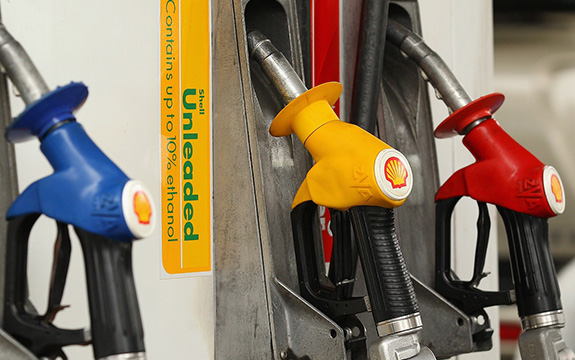Swinburne research highlights irregular pricing movements in everyday living costs

In Summary
- This article featured in Swinburne’s new ‘Research Impact’ magazine, produced in association with Nature Publishing Group
To many Australians, the rise and fall of petrol prices and mortgage interest rates can appear to be controlled by unknown forces.
But the recent work of Swinburne University of Technology economist, Professor Abbas Valadkhani, has been an eye-opener for many governments and consumers, and prompted news headlines and policy change.
Valadkhani’s empirical analyses of interest rates and petrol prices found that Australian prices rise faster than they fall, supporting the widespread economic hypothesis that prices shoot up like a rocket but fall down like a feather.
“It takes a very long time for prices to come down to the equilibrium, but when the prices go below the equilibrium they will return almost immediately,” says Valadkhani.
The research uses modelling frameworks to determine the full asymmetric effects of external market forces on prices, with allowance for time lags between when external forces change and prices are affected. Valadkhani’s calculations can determine how balanced the fluctuations in interest rates and prices are in response to outside influences such as changes in the crude oil price and shifts in the cash rate.
It has been valuable evidence for politicians, media, policy makers and pricing regulators, who have widely cited his published findings. Most recently, Valadkhani was called to appear before the Australian Senate’s Economic References Committee for an inquiry into credit card interest rates. The subsequent report, released in December 2015, leaned heavily on Valadkhani’s research (see timeline).
In regard to petrol prices, Valadkhani says that in 2014 his work helped prompt the Australian Competition and Consumer Commission to change the price-monitoring regime to collect information on pricing behaviour quarterly rather than annually. “As a result of that they have conducted a deep dive investigation into the fuel market.”
A push for greater transparency, efficiency and fairness is at the heart of his research, says Valadkhani. “It is important to use our knowledge and discipline toolbox to find real solutions to real world problems; otherwise we may end up finding complicated solutions to non-existent problems.”
To that end, he is planning to undertake similar analyses of diesel pricing in the near future.

